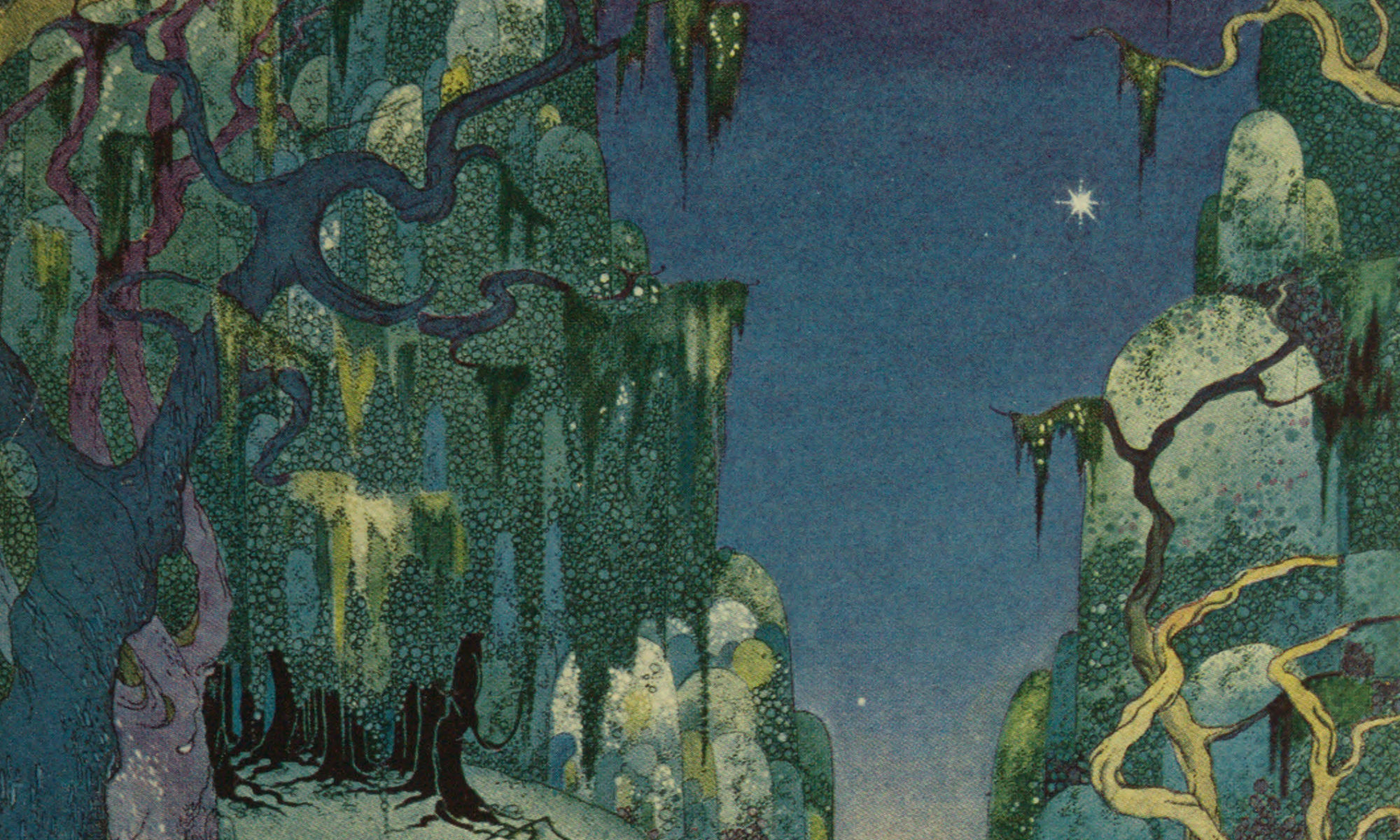Today [the Mirror published a piece](http://www.mirror.co.uk/news/uk-news/grimms-fairy-tales-exerted-profound-2285773) by Professor Bill Gray to mark the 150th anniversary of Jacob Grimm’s death:
> ## Grimms’ Fairy Tales exerted a profound influence on many generations, and defined what a fairy tale is
> **As we mark the 150th anniversary of Jacob Grimm’s death, literary history professor Bill Gray looks at why his work became a classic**
> Jacob Grimm died 150 years ago today, four years after his younger bother Wilhelm.
> Together they changed forever the face of literature, especially children’s literature, with their collection of stories usually translated into English as Grimms’ Fairy Tales.
> This book came to dominate all other fairy-tale collections, and especially through the Disney animations, has exerted a profound influence on many generations. The Grimms came to define what we think a fairy tale is.
Continue reading “Piece in the Mirror to mark 150th anniversary of Jacob Grimm’s death”

